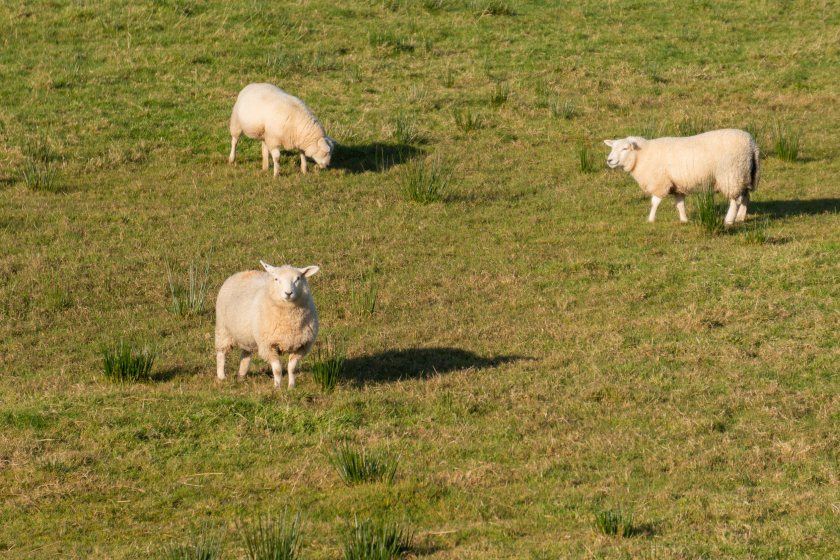Bluetongue threat prompts vaccine approval in Northern Ireland

Northern Ireland farmers have been given the green light to vaccinate against bluetongue virus, as the government moves to strengthen the region’s defences ahead of peak disease season.
DAERA Minister Andrew Muir has approved the voluntary use of three BTV-3 vaccines under licence, aligning Northern Ireland with the rest of the UK and responding to growing concern over the virus’s continued spread in Europe.
Although Northern Ireland remains free of bluetongue, the move will allow farmers and veterinary professionals to take early, precautionary action to reduce the severity of clinical signs and mortality should the virus reach local herds or flocks.
The vaccines, while not preventing infection or transmission, are seen as a secondary safeguard to complement ongoing surveillance efforts.
“My department is continuing to take all necessary actions to protect Northern Ireland from an incursion of bluetongue Virus,” Minister Muir said. “This includes our recently published BTV-3 Disease Control Framework.
“While we remain BTV free, I have now taken the decision to allow the use of the BTV-3 vaccines to give our farmers and livestock keepers an additional safeguard alongside our surveillance, prompt detection and control.
“It aims to provide an additional tool to help protect their flocks and herds.”
The Department of Agriculture (DAERA) said the decision reflects the changing risk landscape, particularly as biting midges – the virus’s primary carriers – become more active through the warmer months of April to November.
The Chief Veterinary Officer for Northern Ireland, Dr Brian Dooher, urged farmers and vets to make use of the guidance now available.
“Clear guidance is available on the DAERA website to farmers, veterinary surgeons and the wider industry on how the vaccine licensing process will work in practice,” he said.
“We continue to urge all livestock keepers to remain vigilant for the signs of BTV as we enter the high-risk period and advise them to contact their private veterinary practitioner should they have any concerns.”
The decision to allow licensed voluntary vaccination brings Northern Ireland in line with Scotland, Wales and England, all of which have adopted a similar approach amid the virus’s spread across the continent.
BTV-3 was first detected in the Netherlands in September 2023 and was confirmed in eastern England in November 2023.
The restricted zone in England, initially limited to specific regions, was extended to cover the entire country as of 1 July 2025.








